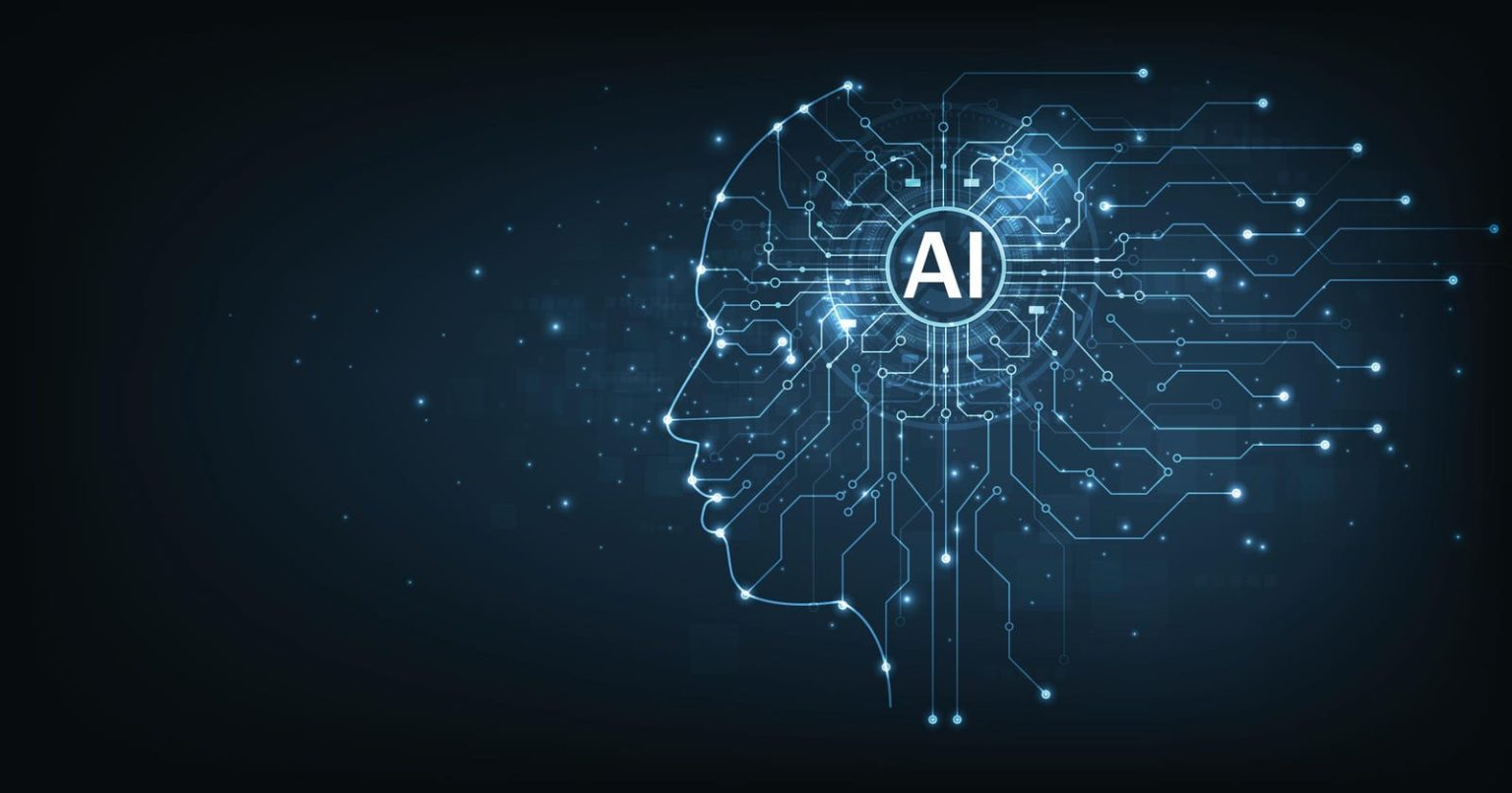In today’s rapidly evolving digital landscape, the role of artificial intelligence (AI) in reshaping enterprise tech stacks cannot be overstated. As businesses strive for competitive advantage, they increasingly recognize the transformative potential of integrating AI across every layer of their operations. Umesh Sachdev, CEO & co-founder of Uniphore, a large AI-native, multimodal enterprise-class SaaS company based in Palo Alto, CA, highlights the importance of understanding how to maximize the value of AI technology for organizations by reimagining the tech stack.
Enterprise organizations are not merely seeking point solutions; they are pursuing a comprehensive architectural overhaul that places AI at the core of their strategies. This is where the concept of enterprise AI comes into play—a paradigm that transcends isolated AI applications to offer a holistic platform for leveraging data, building models and deploying intelligent solutions. As Umesh Sachdev travels the world meeting with CEOs and CIOs from large companies, the conversations around AI have evolved from understanding the basics of the technology to how they can reimagine their tech stacks to be AI-driven powerhouses.
At the foundation of the reimagined tech stack is data, which is gathered in an organization’s data lake before being prepared for AI models. Having a comprehensive view of where data comes from, its quality, lineage, and the ability to capture it effectively is essential for the modern AI stack. The Knowledge Lake, a layer of the AI-powered architecture, focuses on extracting meaningful insights and knowledge from data, streamlining the data lifecycle to empower data-driven decision-making with confidence. This part of the AI stack helps CIOs meet their goals of knowledge retrieval, compliance, future regulation, and AI sovereignty.
Enterprises need a choice when it comes to building models, tailored to their unique business needs. AI-powered models developed from the Knowledge Lake empower organizations to develop predictive models and algorithms that align with their goals. By offering applications as a service, enterprises can leverage prebuilt AI solutions or customize their own, accelerating time-to-market and maximizing ROI. Implementing reinforcement learning with human feedback (RLHF) ensures continuous learning and improvement of AI models, creating a constant loop of learning based on user feedback.
The ultimate vision of an AI-powered architecture is to seamlessly integrate AI across the front office, serving as a copilot to augment human capabilities. By embedding AI into everyday workflows, organizations can enhance productivity, automate tasks, unlock growth opportunities, and drive efficiency. By automating sales forecasting, personalizing marketing campaigns, and optimizing supply chain operations, AI becomes a strategic enabler that empowers organizations to thrive in the digital age.
The reimagining of the enterprise tech stack with AI running through each layer represents a paradigm shift in how organizations leverage technology to drive value and innovation. By harnessing the full potential of AI, organizations can transform their operations, deliver unparalleled customer experiences, and secure a competitive edge in an increasingly digital world. Through pioneering the future of enterprise AI, organizations can leverage AI technology to drive innovation and remain competitive in a rapidly evolving digital landscape.













